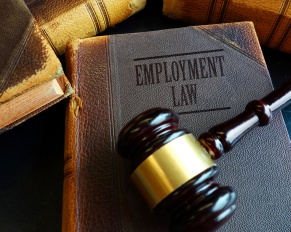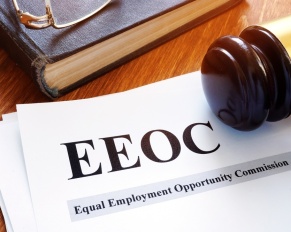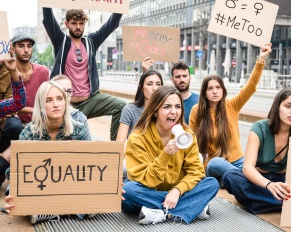Wrongful termination claims are serious, and the outcome often hinges on the quality of evidence you bring to the table.…


Wrongful termination claims are serious, and the outcome often hinges on the quality of evidence you bring to the table.…

Ensuring equal employment opportunity (EEO) keeps the constantly shifting modern workplace environment fair and inclusive. The Equal Employment Opportunity Commission…

Sexual harassment is an issue permeating numerous workplaces across the country and the world, with thousands of cases reported every…

Originally posted on: https://www.tyhyderally.com/2024/01/19/the-metoo-revolution-sexual-harassment-law/ The #MeToo movement, a groundbreaking social reckoning against sexual harassment and assault, has reverberated powerfully through…